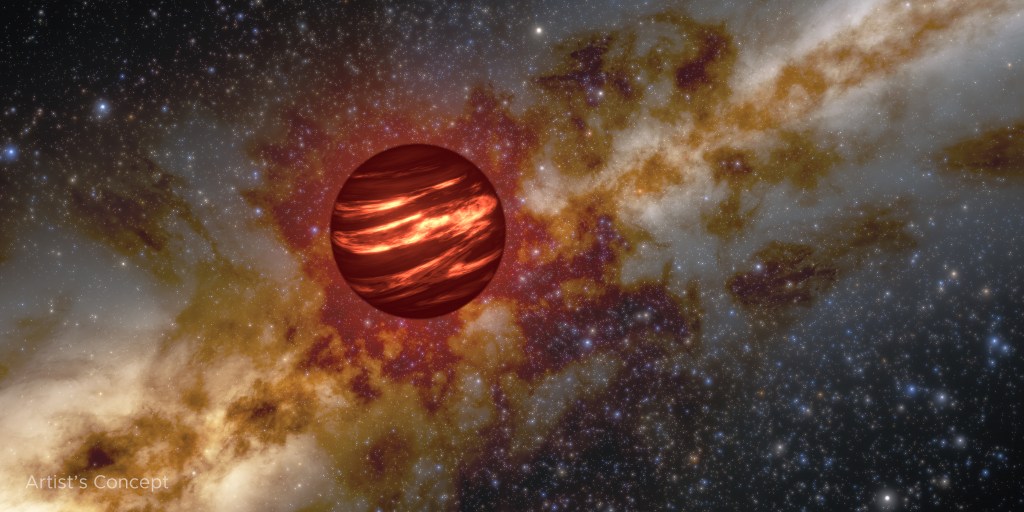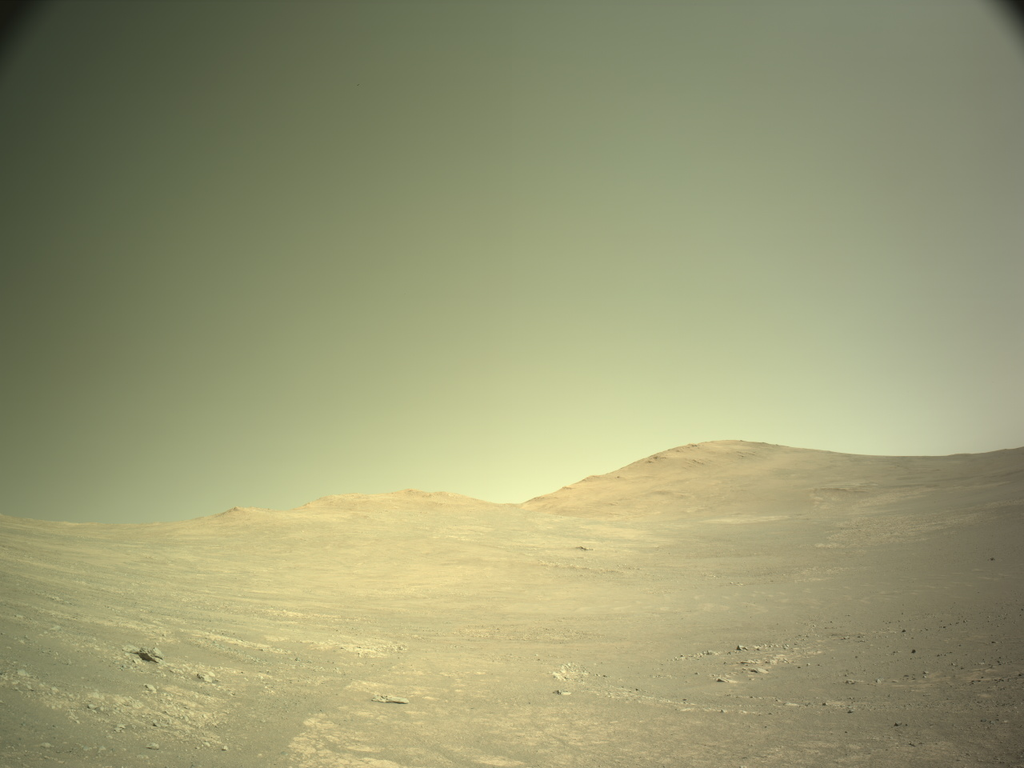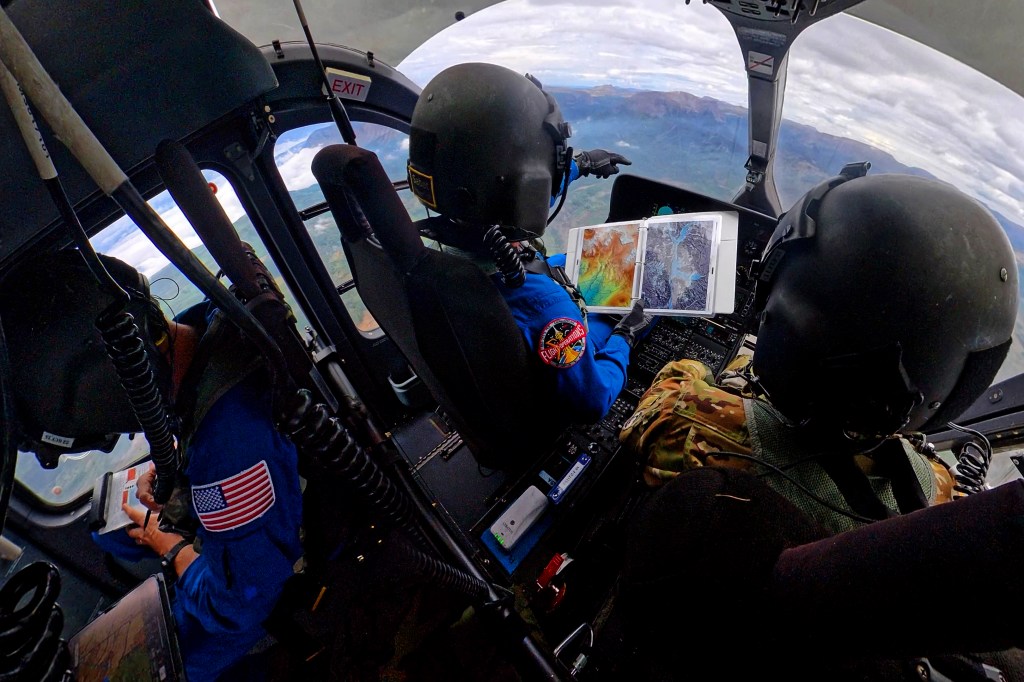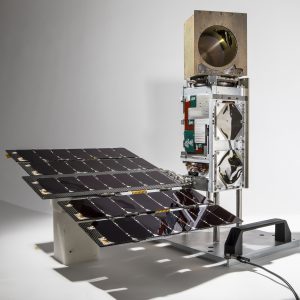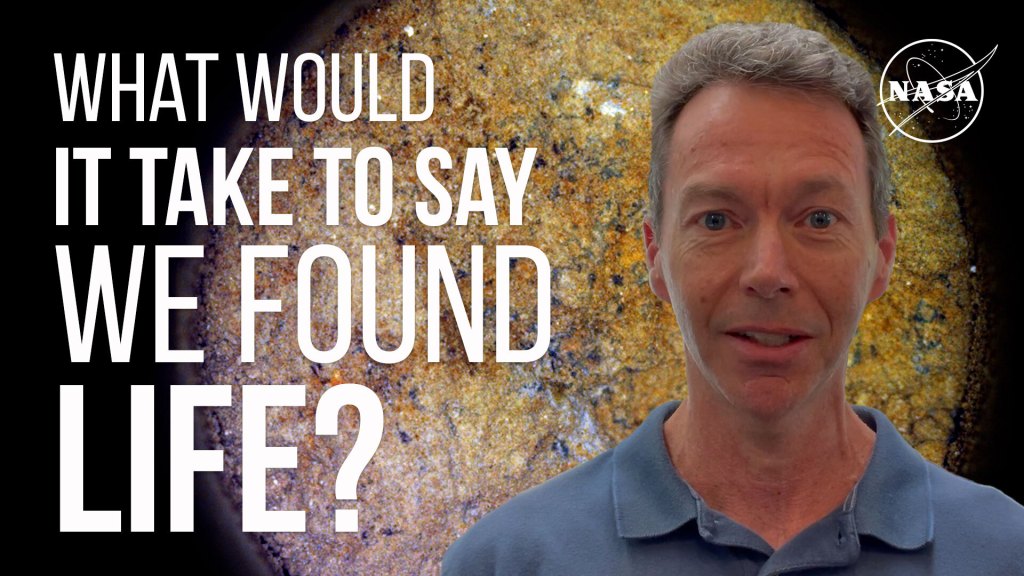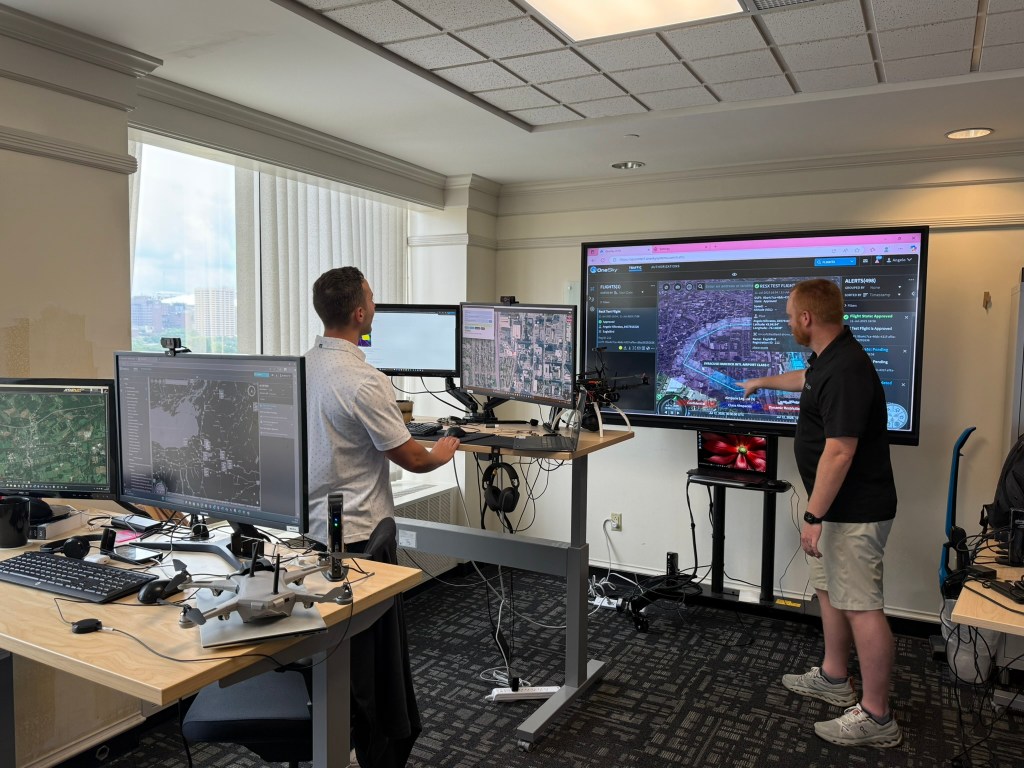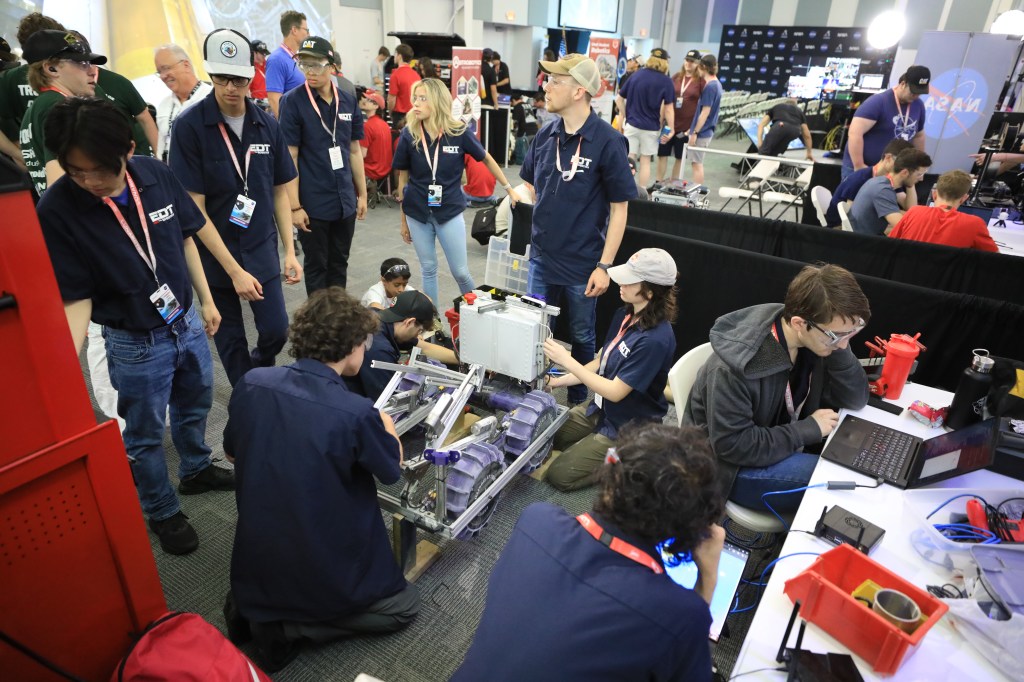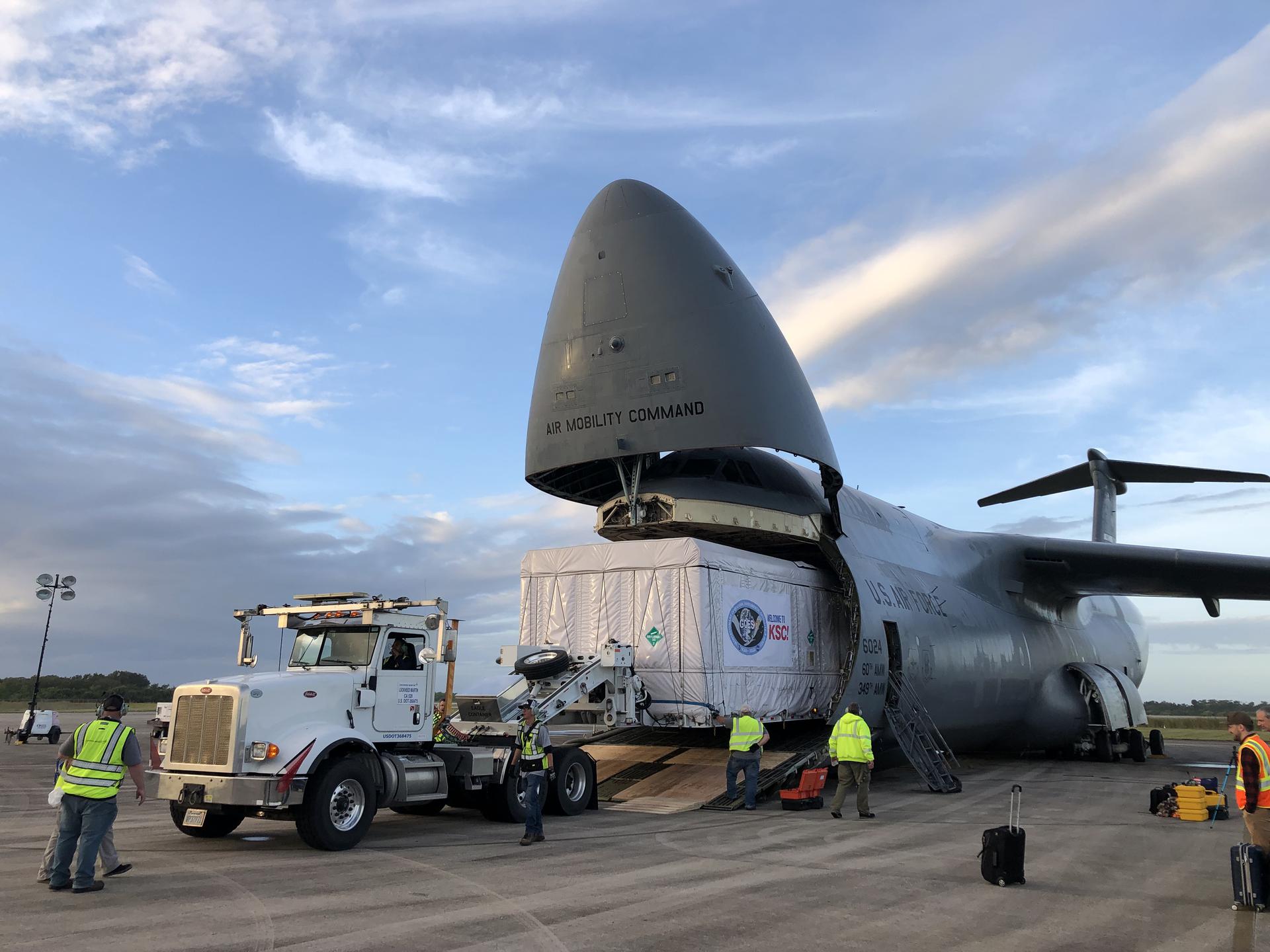
Media are invited to view the National Oceanic and Atmospheric Administration (NOAA) Geostationary Operational Environmental Satellite T (GOES-T) satellite Thursday, Jan. 20, at 9:30 a.m. EST at the Astrotech Space Operations payload processing facility in Titusville, Florida. Media will have an opportunity to photograph GOES-T and interview project and program officials.
Media interested in attending this event must apply by 4 p.m. Thursday, Jan. 6, 2022, and submit their request online at https://media.ksc.nasa.gov.
GOES-T is scheduled to launch March 1, 2022, on a United Launch Alliance Atlas V 541 rocket from Space Launch Complex-41 at Cape Canaveral Space Force Station in Florida.
Due to procedures established for the protection of the optically sensitive satellite as well as COVID-19 measures to protect staff and visitors, the event is limited to 20 participants and no more than two participants per media organization. This event is open to U.S. citizens. Credentialed reporters will receive detailed guidelines before the event.
NASA’s media accreditation policy is online. For questions about accreditation, please email: ksc-media-accreditat@mail.nasa.gov. For other mission questions, please contact Kennedy’s newsroom at: 321-867-2468.
About GOES-T
GOES-T is the third satellite in the GOES-R Series, the Western Hemisphere’s most advanced weather observing and environmental monitoring system. NOAA manages the GOES-R Series Program through an integrated NOAA-NASA office, administering the ground system contract, operating the satellites, and distributing their data to users worldwide.
GOES-T will be renamed GOES-18 once it reaches geostationary orbit. Following a successful on-orbit checkout of its instruments and systems, GOES-18 will go into operational service as GOES West. In this position, the satellite will provide critical data for the U.S. West Coast, Alaska, Hawaii, Mexico, Central America, and the Pacific Ocean.
This launch managed by NASA’s Launch Services Program based at the agency’s Kennedy Space Center in Florida, America’s multi-user spaceport. NASA’s Goddard Space Flight Center oversees the acquisition of the GOES-R satellite and instruments. Lockheed Martin designs, creates, and tests the GOES-R Series satellites. L3Harris Technologies provides the main instrument payload, the Advanced Baseline Imager, along with the ground system, which includes the antenna system for data reception.
For more information about GOES-T, visit:
Para obtener información sobre cobertura en español en el Centro Espacial Kennedy o si desea solicitar entrevistas en español, comuníquese con Antonia Jaramillo 321-501-8425.
-end-
Mary MacLaughlin
Kennedy Space Center, Fla.
(321) 867-2468
mary.maclaughlin@nasa.gov

